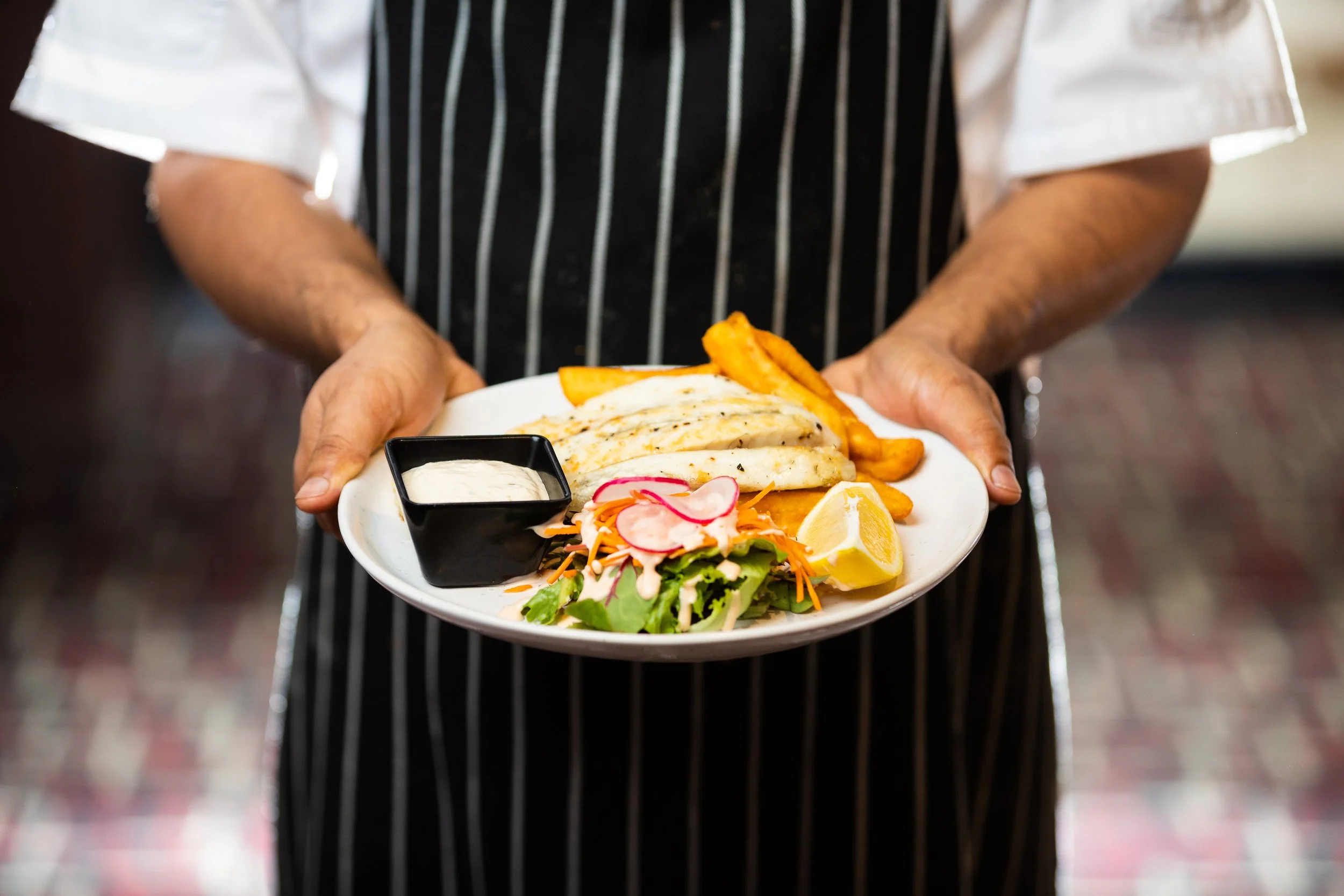Chef
A chef is a culinary professional who is trained and skilled in the art of food preparation and cooking. They work in various food establishments, including restaurants, hotels, catering companies, and other culinary environments. Here are some key responsibilities and activities of a chef:
Menu Planning: Chefs are involved in creating menus, developing new dishes, and selecting ingredients based on seasonality, customer preferences, and culinary trends. They consider factors such as taste, nutritional value, presentation, and cost when designing menus.
Food Preparation and Cooking: Chefs are responsible for preparing and cooking a wide range of dishes. They handle and process ingredients, follow recipes, and use various cooking techniques to create appetisers, entrees, desserts, sauces, and more. Chefs ensure that the food is cooked to the desired taste, texture, and doneness.
Culinary Techniques: Chefs possess expertise in various culinary techniques such as sautéing, grilling, roasting, baking, braising, and poaching. They have knowledge of different cuisines and can adapt their cooking style and techniques accordingly.
Kitchen Management: Chefs oversee the overall operations of the kitchen. They manage the workflow, organise kitchen staff, assign tasks, and ensure that food is prepared efficiently and in a timely manner. They also monitor food quality, maintain hygiene and safety standards, and handle equipment maintenance.
Ingredient Selection and Procurement: Chefs are involved in selecting high-quality ingredients and sourcing them from reliable suppliers. They evaluate the freshness, quality, and suitability of ingredients, considering factors such as seasonality, sustainability, and cost.
Staff Training and Supervision: Chefs provide guidance, training, and supervision to kitchen staff, including cooks, assistants, and apprentices. They ensure that staff members follow standard recipes, cooking procedures, and safety protocols.
Plating and Presentation: Chefs pay careful attention to the visual presentation of dishes. They plate and garnish food creatively, considering colour, texture, and arrangement, to create visually appealing and enticing meals.
Quality Control: Chefs maintain high standards of quality in food preparation and presentation. They taste and assess dishes for flavour, seasoning, and overall quality. They address any issues or inconsistencies and make adjustments as needed.
Menu Costing and Budgeting: Chefs are involved in determining the cost of ingredients, calculating portion sizes, and estimating menu costs. They work within budget constraints and strive to maintain profitability while ensuring quality and customer satisfaction.
Creativity and Innovation: Chefs demonstrate creativity and innovation in their culinary creations. They experiment with new flavours, ingredients, and techniques to develop unique and enticing dishes that reflect their culinary style and the concept of the establishment.
It's important to note that the specific roles and responsibilities of chefs may vary depending on the type of establishment, such as fine dining restaurants, casual eateries, or catering companies. Chefs work in a fast-paced and demanding environment, requiring culinary expertise, creativity, organisational skills, and the ability to work well under pressure.


